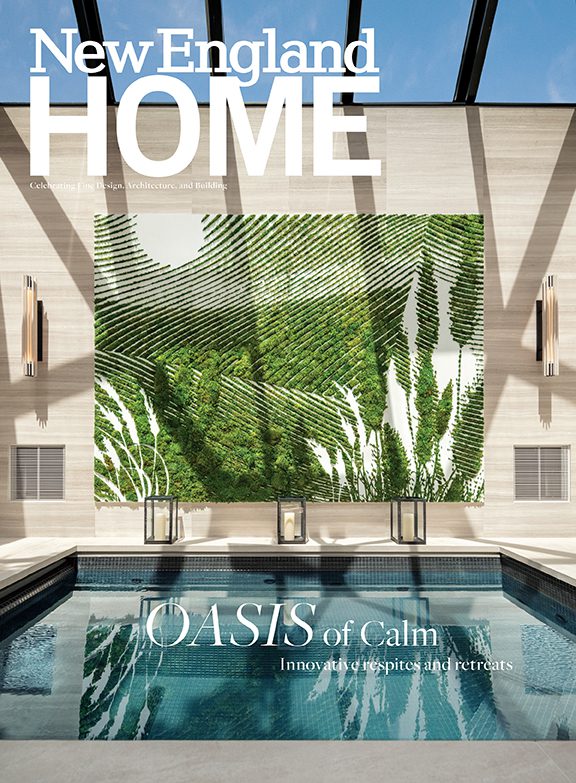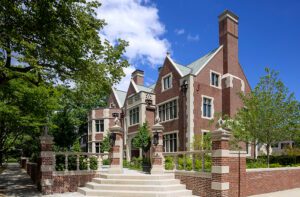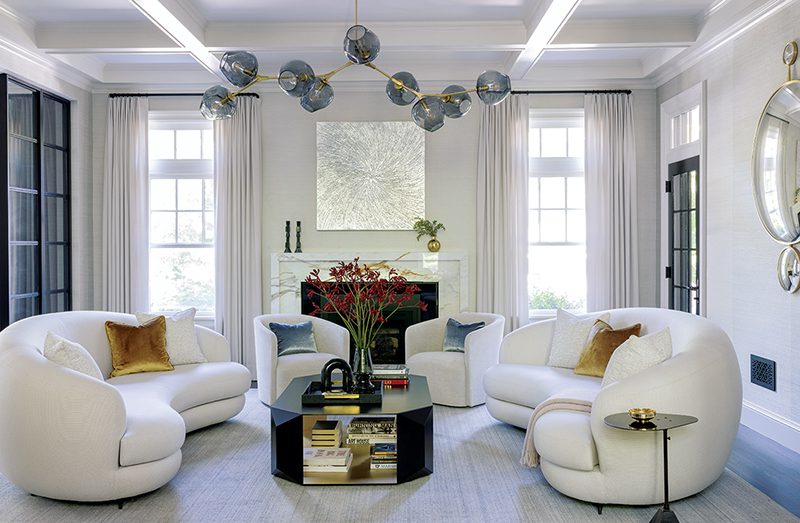Depth Finder
June 28, 2011
Text by Caroline Cunningham
In his extraordinary multi-paneled photographs, David Hilliard creates visual narratives that explore connection, alienation and desire. The arresting beauty of his images—the lush, almost shimmering color; the careful interplay of iridescent light, shadow and soft focus between panels; and the perfectly balanced objects and figures—serves as a counterpoint to their searing impact.
The work is so honest and so personal, one almost wants to turn away; it feels voyeuristic to see so much of an artist’s psyche revealed in this way. But the sheer power of the images draws you in, and you soon realize that the themes Hilliard investigates with such emotional depth and fearlessness are entirely universal. Who hasn’t felt like an outsider yearning to be let in? Who hasn’t been blindsided by the end of a love affair, or experienced the dull ache of longing when someone is just beyond reach? Hilliard’s work may be rooted in autobiography, but it also records the drama and frailty of the human experience.
If Hilliard’s trajectory from a modest childhood in Lowell, Massachusetts, to his current position in the stratosphere of contemporary photographers is somewhat surprising, it’s also been surprisingly linear. His father was a factory worker and an avid amateur photographer; it would be impossible to overstate the influence he continues to have over his son’s work. Hilliard picked up a camera to create a sense of order around him, discovering that photographs were a way to control, and preserve, people and places during a time when his world was filled with unease. Adolescence can be a difficult passage under the best of circumstances. Hilliard’s identity as a young gay man in a marginally tolerant community, along with his parents’ divorce, contributed more layers of complexity and chaos.
The camera also provided an entrée into the art room at Tyngsboro High School, where Hilliard felt safe and welcomed. He found an equally creative and accepting environment at the Merrimack Repertory Theatre. “I loved the way in which the stage was transformed every month into a compelling and magical space,” he recalls.
This theatrical perspective has always informed his work. “I think about and build my photographs the way one might build a set,” he says. “I’m the audience looking in at the stage.”
After graduation, Hilliard moved to Boston and enrolled at the Massachusetts College of Art and Design, where he spent some time making films before coming to the realization that his work was very static. “My films wanted to be photographs,” he explains. He transferred to the photography department, where, under the guidance of superstar photographers like Abelardo Morell and Laura McPhee, he discovered that his images could provide a pointed and eternal way to describe the world.
Hilliard’s career progression over the last two decades has been swift and sure. He went on to graduate school at Yale, won both Fulbright and Guggenheim grants, led the undergraduate photography department at Yale for five years and was the interim director and artist-in-residence at Michigan’s Cranbrook Academy of Art for a year. He now teaches and works in Boston, the city where he had his first exhibition, a series of portraits of his father, entitled, simply, Dad, in 1999.
In Swimmers Hilliard loosely appropriates the subject and structure of American realist painter Thomas Eakins’s The Swimming Hole: boys gathered together on a lazy summer day. At first glance, it’s a photograph of youthful exuberance and innocence. The grassy riverbank frames the children in a sparkling circle of green, while a cluster of swimmers on the left is balanced by the confetti array of hastily discarded bicycles on the right. But there’s more. The figure in the center, slumped forward in despondent isolation, brings an unmistakable poignancy to the photograph. He’s Hilliard, of course, and he’s also anyone who has ever felt wistful and alone.
Hilliard’s recent photographs feel more expansive and more deeply spiritual than ever before. Hope is both a breathtaking panorama of the Alaskan wilderness and a keenly insightful portrait of a young boy and his father. As McPhee says about her former student, and now colleague and close friend, “David has sustained his artistic voice and approaches all his subjects with a tenderness and commitment to uncovering the psychological truth . . . The images he creates are both moving and irresistible.”
Editor’s note David Hilliard is represented by Carroll and Sons, Boston, (617) 482-2477, www.carrollandsons.net. See more of Hilliard’s work at www.davidhilliard.com.
Share
![NEH-Logo_Black[1] NEH-Logo_Black[1]](https://www.nehomemag.com/wp-content/uploads/2022/08/NEH-Logo_Black1-300x162.jpg)
















You must be logged in to post a comment.